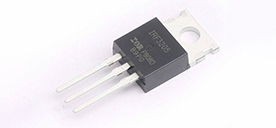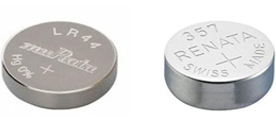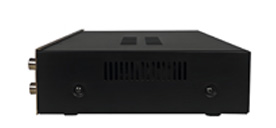MCU device driven display system design guide
2023/11/13 10:00:48
Views:
In the design process of MCU and display systems, the following are the key steps and strategies:
1. Choose the appropriate display device: Choose LCD, LED, OLED and other display devices according to application requirements. Consider factors such as screen size, resolution, color depth, and power consumption.
2. Interface design: Create an intuitive and user-friendly interface so that users can easily view data. Use graphical user interface (GUI) design tools to design controls and layouts.
3. Data collection: Integrate sensors and data collectors to obtain environmental parameters or other data. This data will be used for display or further processing.
4. Communication interface: Use an appropriate communication interface (such as UART, SPI, I2C) to transmit data from the sensor to the MCU. Ensure high-speed, reliable data transmission.
5. Data processing and storage: MCU is responsible for processing and storing data obtained from sensors. This may involve processing such as filtering, calibration and encoding of the data.
6. Display control: Write drivers to control display devices. This includes setting the displayed content, brightness, contrast, etc.
7. Status monitoring: Implement status monitoring function to ensure the stability and reliability of the system. For example, detecting sensor malfunctions or communication errors.
8. Power management: Effectively manage power to extend the battery life of the system and consider low-power design.
9. Testing and debugging: Carry out system testing and debugging before deployment to ensure that all functions are working properly.
10. Optimization and upgrade: Regularly check system performance and optimize and upgrade according to needs.
These steps and strategies help implement MCU-driven display system designs and ensure system stability and performance. Depending on specific application needs, customization and more detail work may be required.
1. Choose the appropriate display device: Choose LCD, LED, OLED and other display devices according to application requirements. Consider factors such as screen size, resolution, color depth, and power consumption.
2. Interface design: Create an intuitive and user-friendly interface so that users can easily view data. Use graphical user interface (GUI) design tools to design controls and layouts.
3. Data collection: Integrate sensors and data collectors to obtain environmental parameters or other data. This data will be used for display or further processing.
4. Communication interface: Use an appropriate communication interface (such as UART, SPI, I2C) to transmit data from the sensor to the MCU. Ensure high-speed, reliable data transmission.
5. Data processing and storage: MCU is responsible for processing and storing data obtained from sensors. This may involve processing such as filtering, calibration and encoding of the data.
6. Display control: Write drivers to control display devices. This includes setting the displayed content, brightness, contrast, etc.
7. Status monitoring: Implement status monitoring function to ensure the stability and reliability of the system. For example, detecting sensor malfunctions or communication errors.
8. Power management: Effectively manage power to extend the battery life of the system and consider low-power design.
9. Testing and debugging: Carry out system testing and debugging before deployment to ensure that all functions are working properly.
10. Optimization and upgrade: Regularly check system performance and optimize and upgrade according to needs.
These steps and strategies help implement MCU-driven display system designs and ensure system stability and performance. Depending on specific application needs, customization and more detail work may be required.
Related Information
-
-
Phone
+86 135 3401 3447 -
Whatsapp





